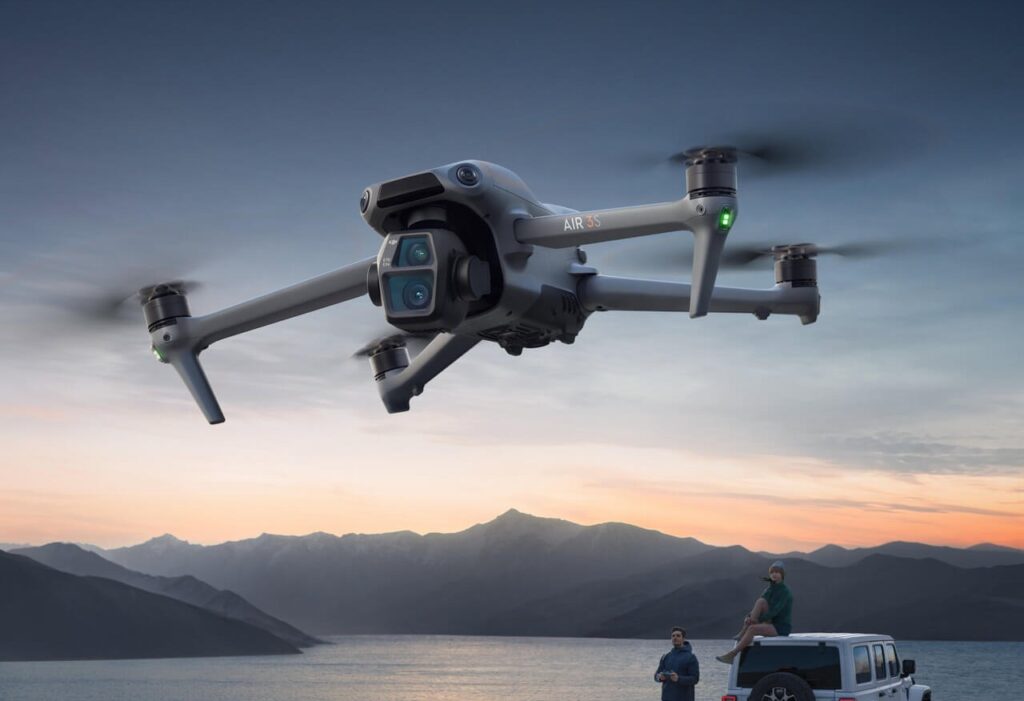Eve Energy, one of China’s biggest battery makers and a competitor to Tesla suppliers like CATL and Panasonic, has started mass production of solid-state batteries — and drones might be the first in line to take advantage. The new cells promise better efficiency, higher energy density, and improved stability, all crucial for applications where every gram counts.

The company’s new Chengdu plant has already begun producing 10 Ah cells built with sulfide-based solid electrolytes. These can be combined into 60 Ah packs, aimed at powering unmanned aerial vehicles, humanoid robots such as Tesla’s Optimus, and even certain AI-driven IoT devices. Energy density sits at around 300 Wh/kg, a notable jump over the 200 Wh/kg or so in current lithium-ion batteries. For context, batteries can make up nearly 40 – 50% of a drone’s total weight, so every improvement helps extend flight times.

Solid-state designs also sidestep some of the issues of liquid electrolyte cells, performing better in extreme temperatures and offering stronger thermal stability. That makes them a strong fit for drones or robots expected to operate in tough environments. While companies like CATL and Panasonic argue solid-state tech is still too expensive for electric cars until the end of the decade, Eve Energy is moving ahead by targeting smaller-scale markets first. The Chengdu site is expected to reach 100 MWh annual capacity in 2026, with a roadmap toward even denser 400 Wh/kg cells.
For those wondering, the 800–850 Wh/L figures often cited for silicon-carbon batteries in recent Chinese phones (805 Wh/L in the OnePlus 13, for example) aren’t directly comparable here. That’s a volumetric energy density number, while Eve’s spec is given in Wh/kg — and since weight-to-volume ratios may differ between the two different types of batteries, they can’t be stacked side by side.
Eve isn’t the only player eyeing this space. Earlier this year, Canadian company Avidrone showed off a cargo drone powered by a Factorial solid-state pack. But with mass production underway, Eve Energy looks set to push the technology from lab to real-world use faster than most.
Don’t miss a thing! Join our Telegram community for instant updates and grab our free daily newsletter for the best tech stories!
For more daily updates, please visit our News Section.
(Source)






